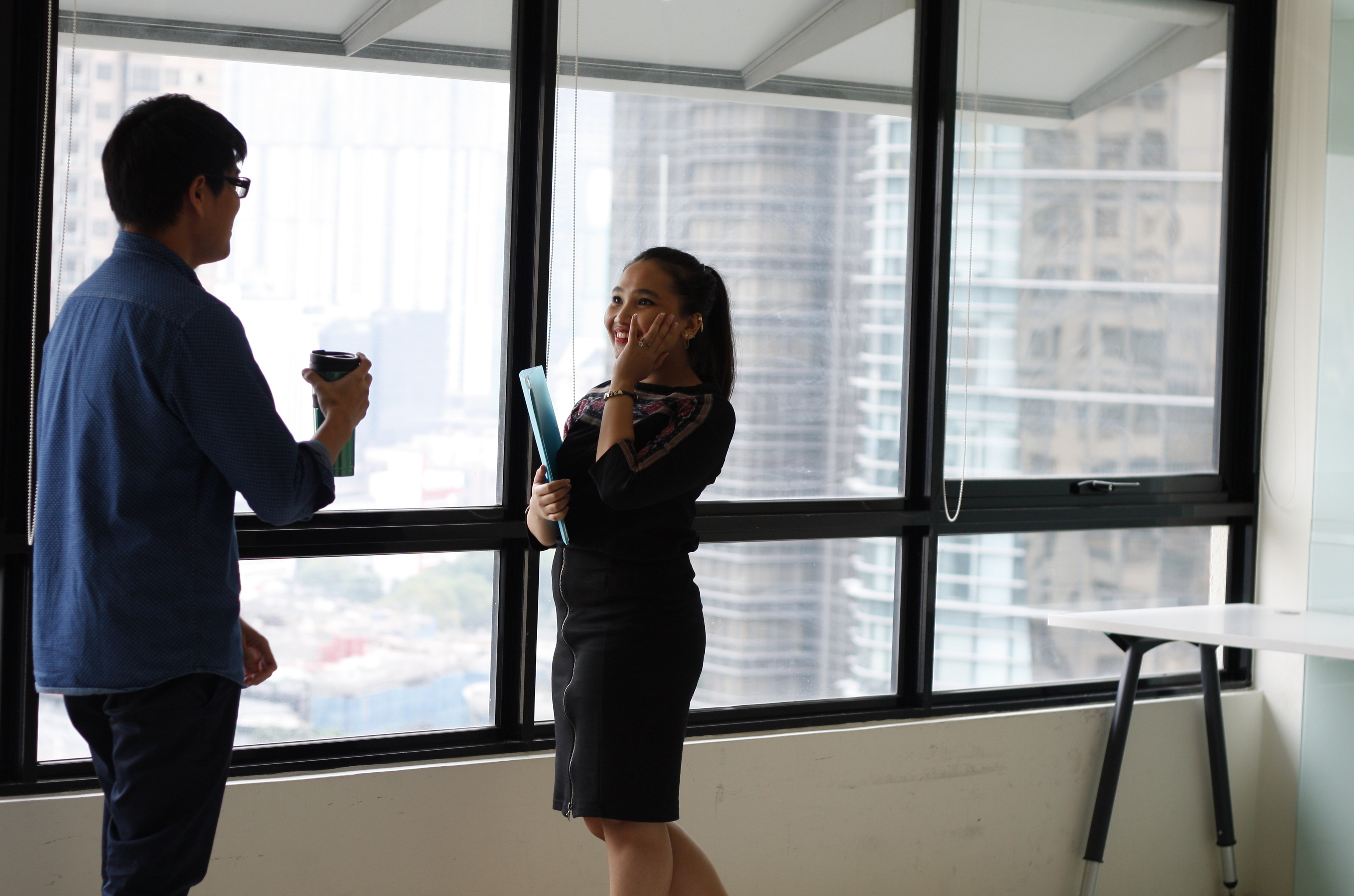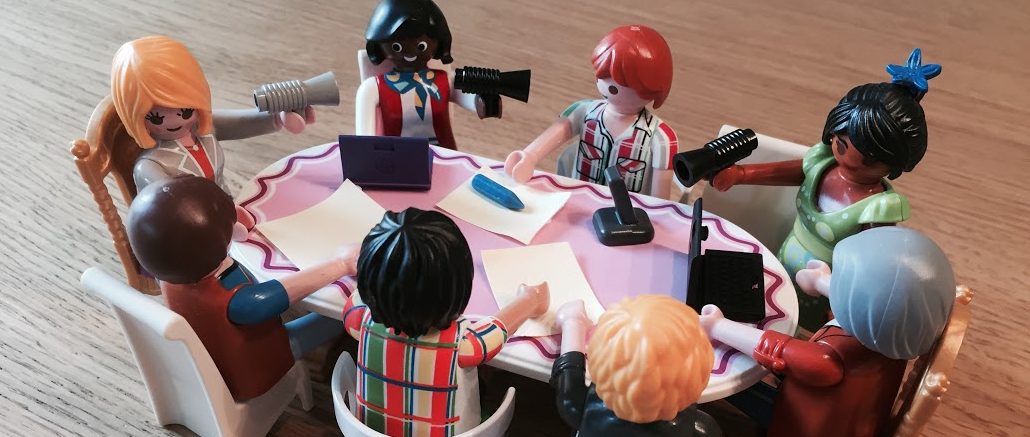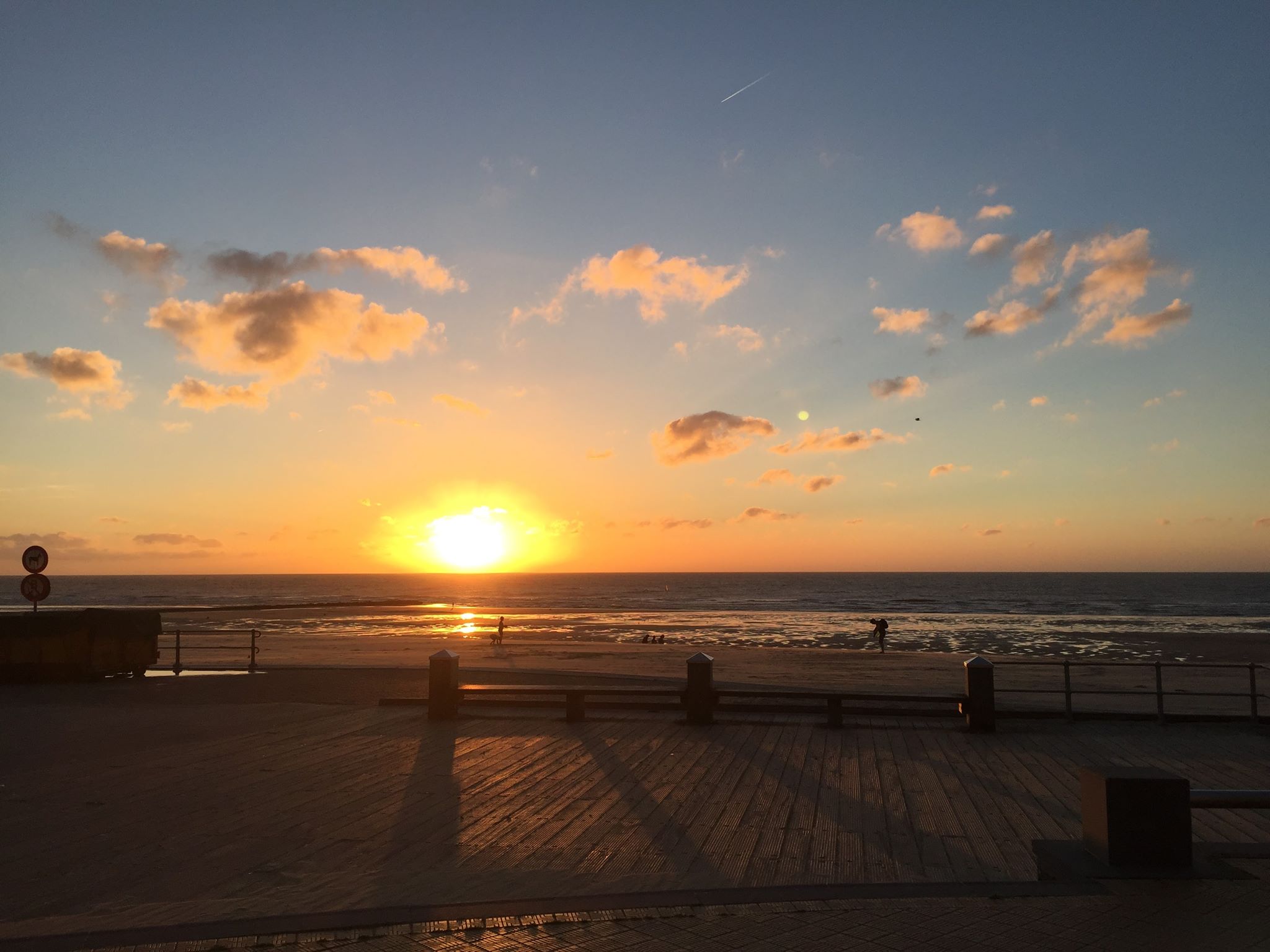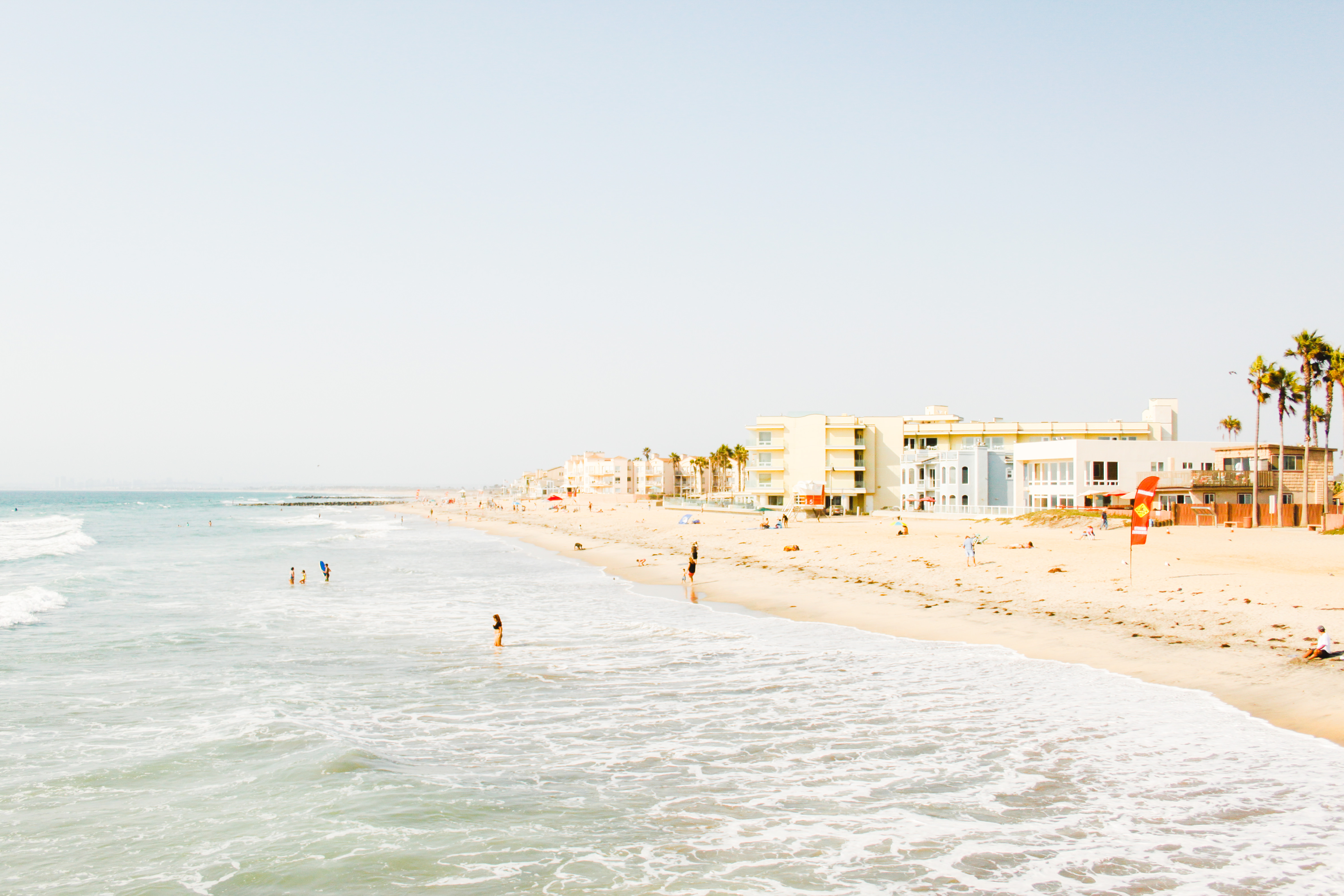5 tips to be mindful during the holidays
From the looks of it, holidays provide the perfect opportunity to park the ‘Doing mode’ and practice the ‘Being mode’ all the time. However, in practice, this is easier said than done. Here are 5 tips to help you maintain (or start) a daily mindfulness practice, even on holiday, even with friends or family around and even when you feel like ‘doing’ a lot of cultural sight-seeing trips, sports, culinary visits, and to mindfully enjoy the things you are doing.
Tip 1 – Start the day with a 3-minute Breathing Space
The 3 minute breathing space is an excellent way to gauge your personal weather forecast in three stages. You can do it in the kitchen with a coffee before everyone else gets up, or – if you are not a morning person – on the side of your bed when you wake up. You can keep your eyes closed if that feels okay. As long as you can promise yourself you won’t fall back to sleep.
Stage 1: how am I today? Briefly scan through the entire body: what thoughts, feelings and bodily sensations pop up? Do not engage in them just yet, simply get a glimpse of what is present, here and now.
Stage 2: shift your focus to your breathing. Feel the breath in the abdomen going in and out. Don’t change your breath. Just feel it. Every in-breath a new beginning, every out-breath a letting go.
Stage 3: expand your focus to the entire body. See if you can hold the entire body in awareness. Not just where your feet make contact with the ground, where your sit bones touch the bed, but also the air on your skin, your facial expression and the inside of your body. If a particular part of you is craving for attention, decide whether to breathe with it for a moment, giving it space, or to leave it and mindfully return to your breathing.
Tip 2 – Take some time to do nothing
Some of us are having difficulties to switch gears with ‘Doing mode’ and ‘Being mode’ when taking time off from work and going on a holiday. The doing mode is the mode we are mostly on. It keeps us busy, helps us achieving things, but it also sometimes prevents us from winding down and relaxing. It usually takes a couple of days to wind down completely and get rid of all the urges that are still present in our body and mind.
Some people do not switch off ‘Doing mode’ and make a lot of plans even on holidays. The experiment is to try at least one day or a few hours a day not to plan anything at all. See how it feels to just stop, breathe and observe yourself for a while. What do you notice? Which thoughts come up? What feelings are there? Any bodily sensations that ask for your attention? Are you prone to any action impulses? And when observing the surroundings: which sounds do you hear? What colours do you drink in? What is the air like? See if you can discover new things, things that didn’t occur to you earlier or things you have not been doing for a long time like watching the clouds pass by. You can enjoy them by engaging all senses. And if the mind wanders, observe where it has taken you. Then come back to the moment with kindness; there’s no need to judge yourself for having wandered off.
Tip 3 – Turn your walks into a walking meditation
During holidays, you might find it more difficult to find the time to meditate as there is generally less structure in your day. If you are an early bird, it will be easy for you to find a quiet place to do your practice. Gardens are wonderful settings for morning practices. You could try a walking meditation and look at the flowers and gardens beds. Are they still wet with dew? How does the grass feel under your bare feet? Smell the fresh air too. Perhaps you are located near the sea side or in the mountains. These are great settings for morning meditation walks where you can enjoy the freshness of the nature and the silence.
You can turn any walk into a walking meditation. Simply go for a walk around your hotel, on the beach or wherever you are located and feel the contact of your feet with the ground, smell the freshness of the air, feel the sun or wind in your face and listen to the sounds. After a few minutes of walking like this you will already feel refreshed.
Tip 4 – Tell your relatives or friends you are going to meditate
If you wish to explicitly take a moment during the day for your meditation practice it can be helpful to tell your family or friends that you would like to meditate. This is not about asking permission for your practice. It’s just that not everyone is familiar with the habit of meditation. You might feel a little awkward telling others about it, or you might feel guilty claiming a couple of minutes for yourself.
In coaching we advise to make ‘the implicit explicit’. So the best way to go about it is to be open and transparent. There is no need to justify yourself though, simply share why it is important to you and what you need from others in order to do it (be alone in a room for a moment, have some silence, …). In this way there is a mutual understanding and expectations are crystal clear. Alternatively, when the others play a game of petanque or dive in the pool, you can take some minutes to do your meditation and join them afterwards. If you have bigger children, you could even invite them to meditate with you. As the old proverb goes … what’s learnt in the cradle, lasts till the tomb….
Tip 5 – Drop into your senses with everything you do
Holidays are the best moment to practice informal mindfulness. With this we mean to try to bring as much as possible your mind and body together – to consciously do the things you are doing. Holidays are a perfect moment to practice because there are so many joyful opportunities and the daily rushing has been left behind. So even if you do not find the time to formally meditate you can turn all the things you are doing into some kind of meditation.
You can slowly and mindfully walk at the beach and feel the sand and water on your feet, you can enjoy beautiful sunsets (without taking pictures to post them on Facebook), you can savour nice dinners, a swim in the pool or the ocean, a bike ride, hiking- whatever you are doing can be a moment of true presence. And when you realise that you are caught in thoughts or mental busyness, you can gently call your mind back to what you are doing. By dropping into your senses you will have a rich experience and your mind will be able to quiet down and to relax.
This is the true art of mindful living – to be able to enjoy all the little things which are on your path and to be present right here and right now as much as you can.
You will return home well-rested and more stress-resilient.
Have a fabulous time!
Nele Costers (Golden Blue) & Beate Trück (Brussels Mindfulness Institute)
 Call me at +32 473 80 13 24
Call me at +32 473 80 13 24










